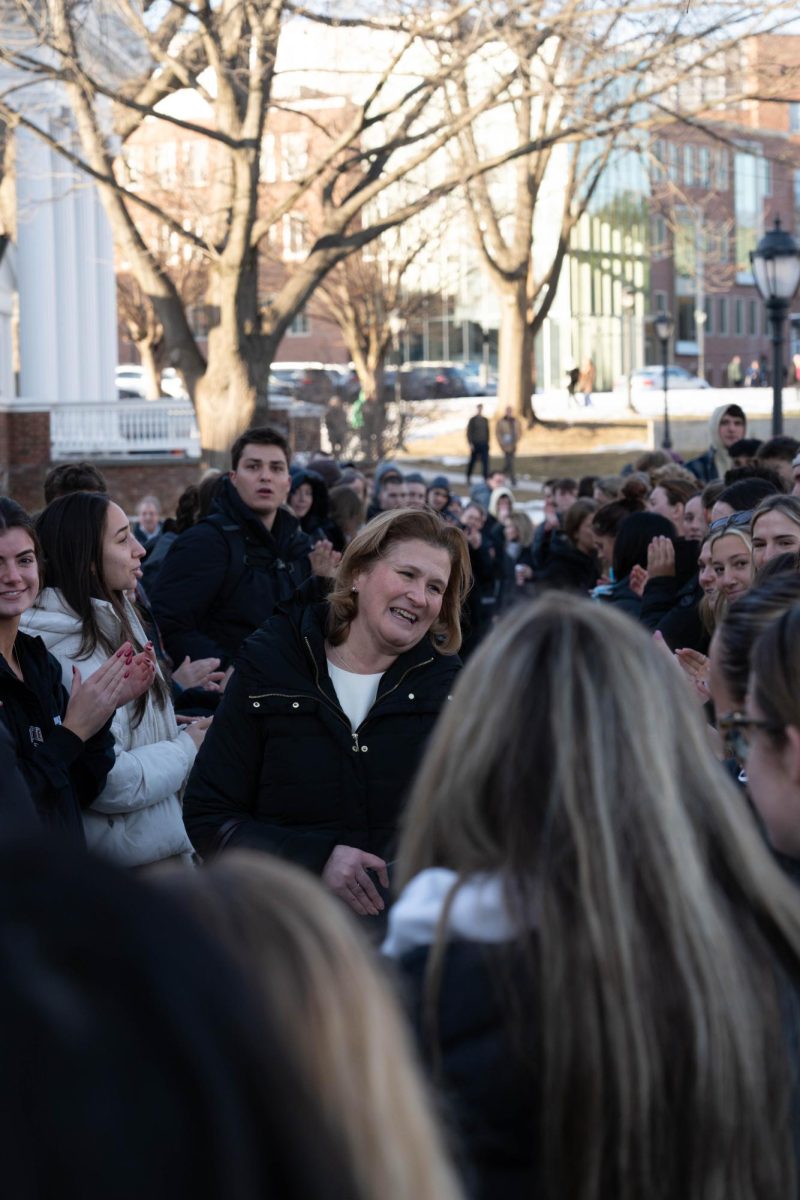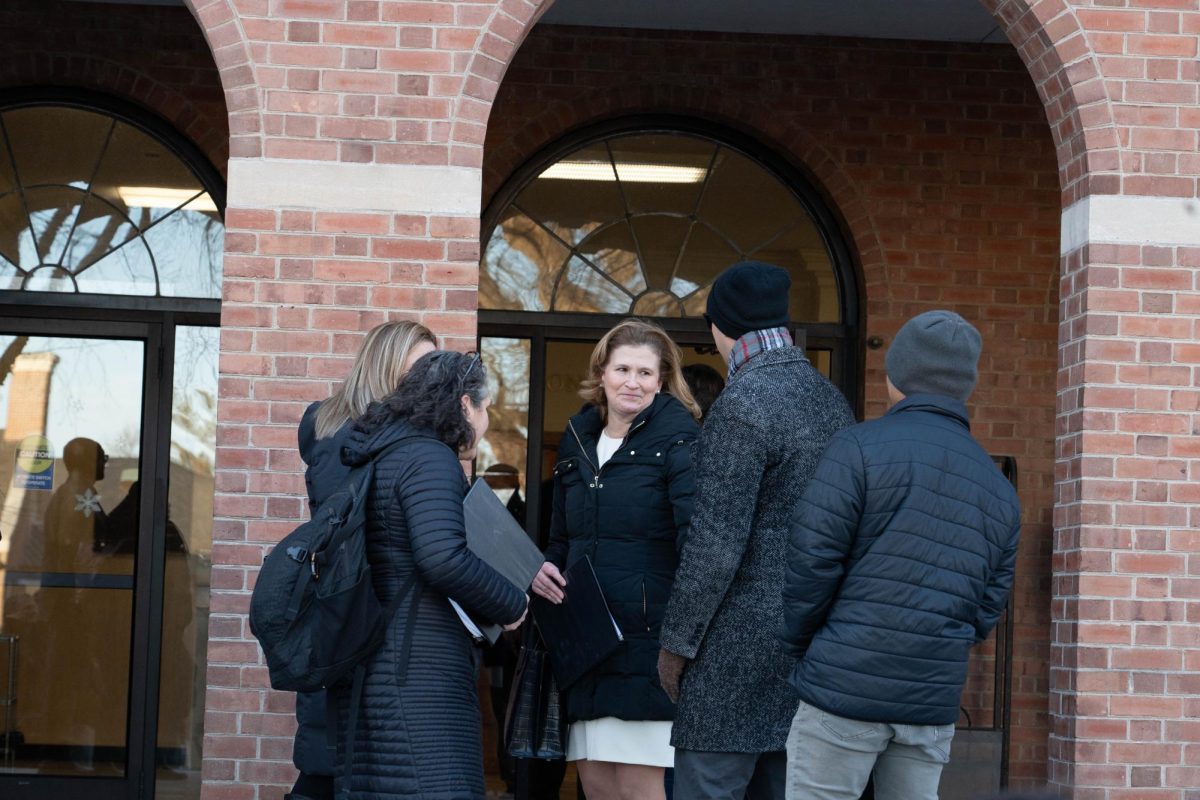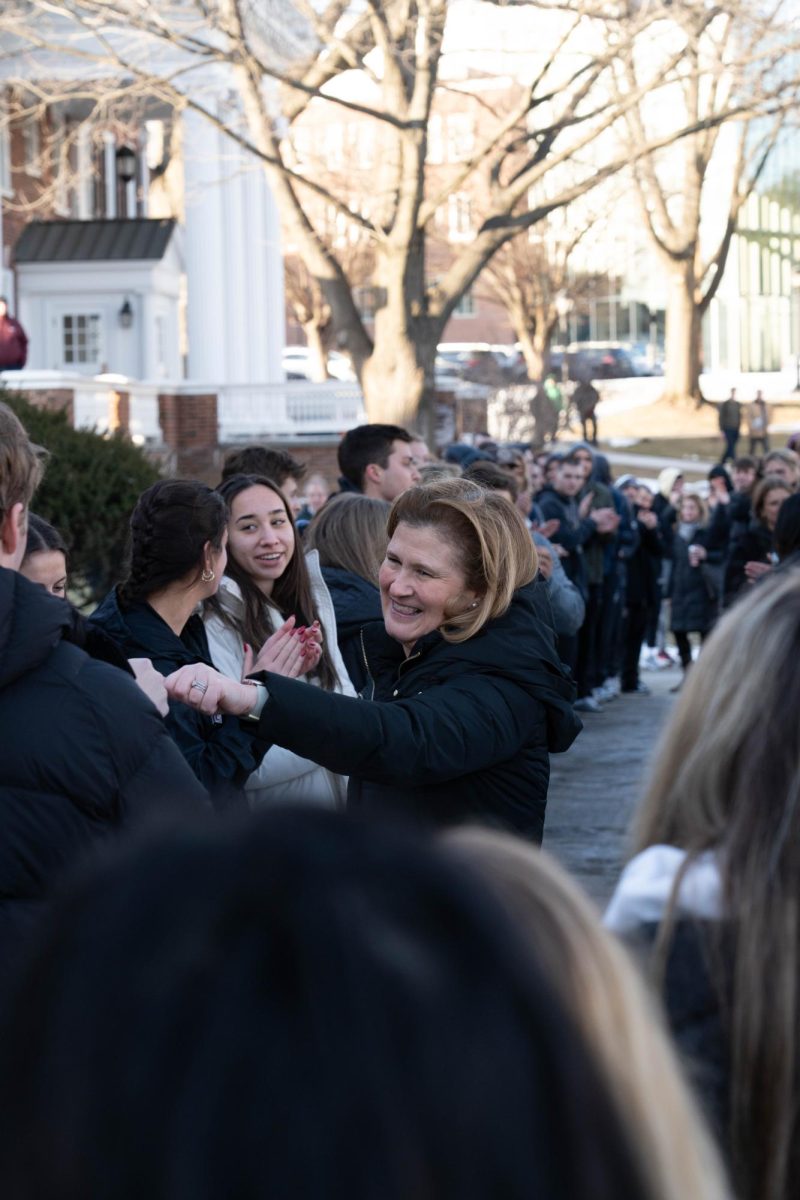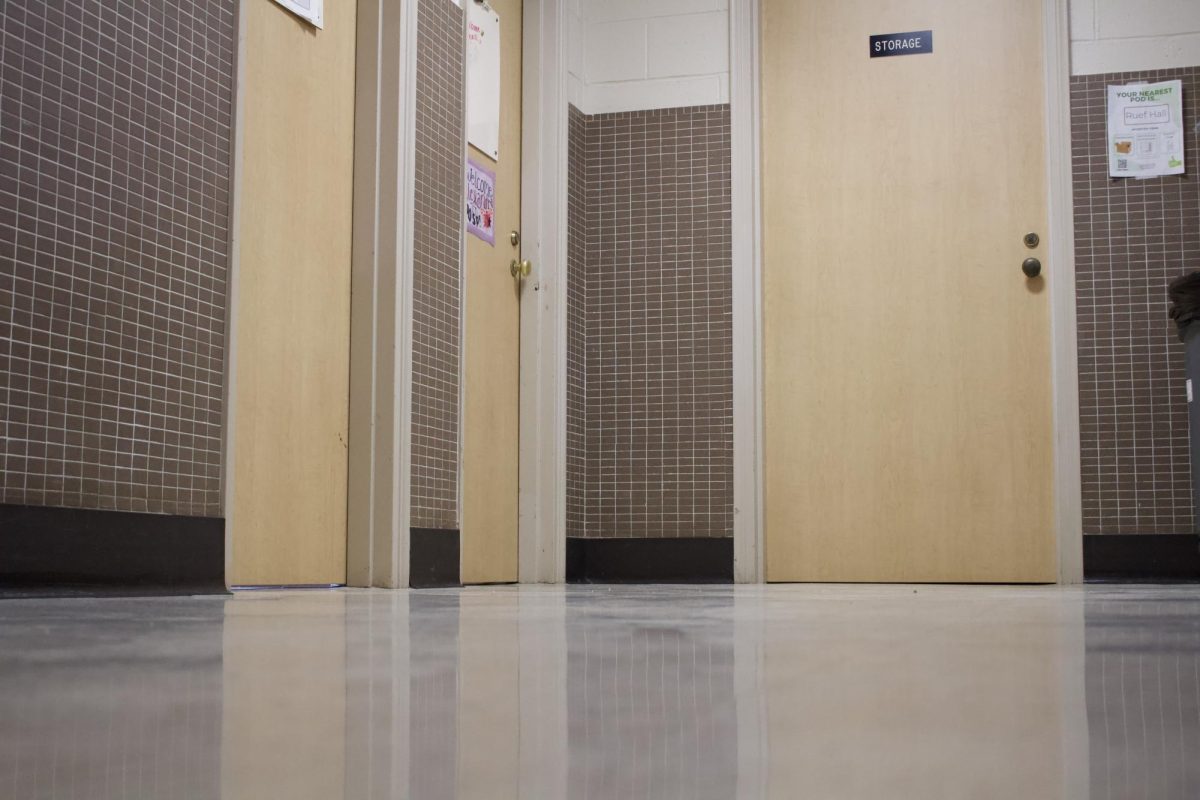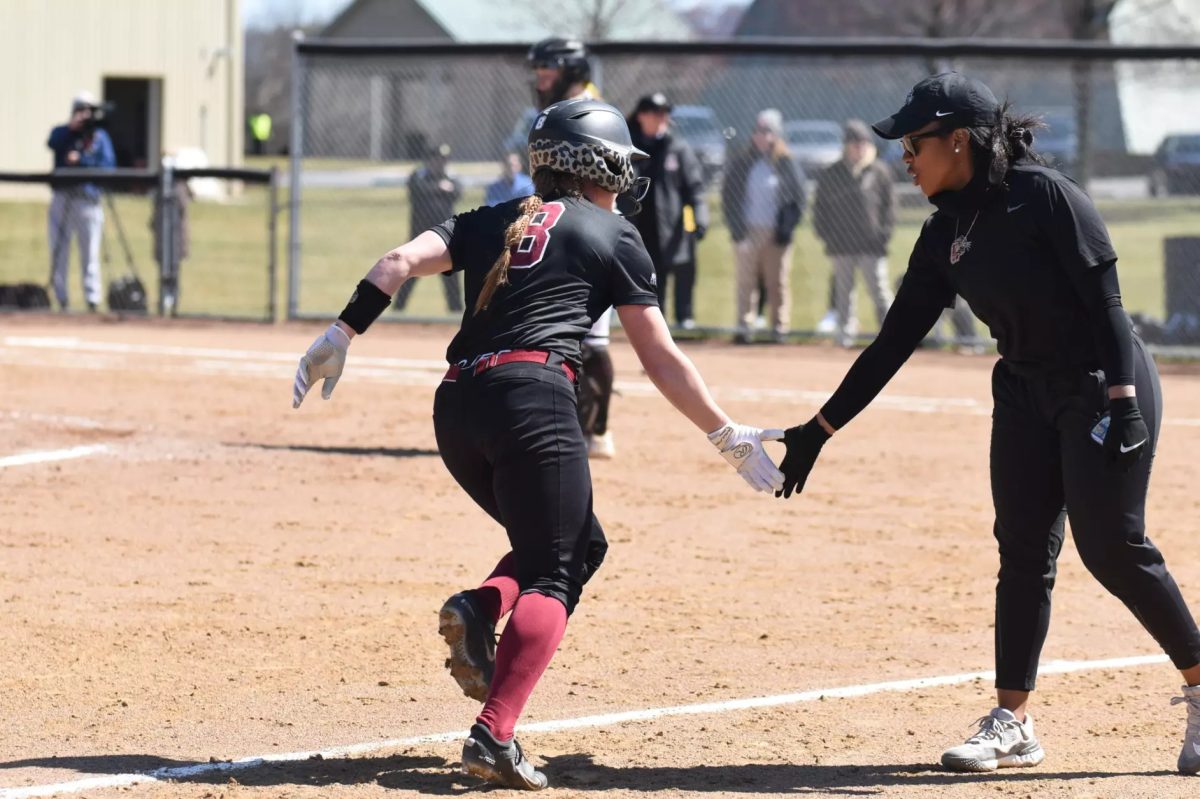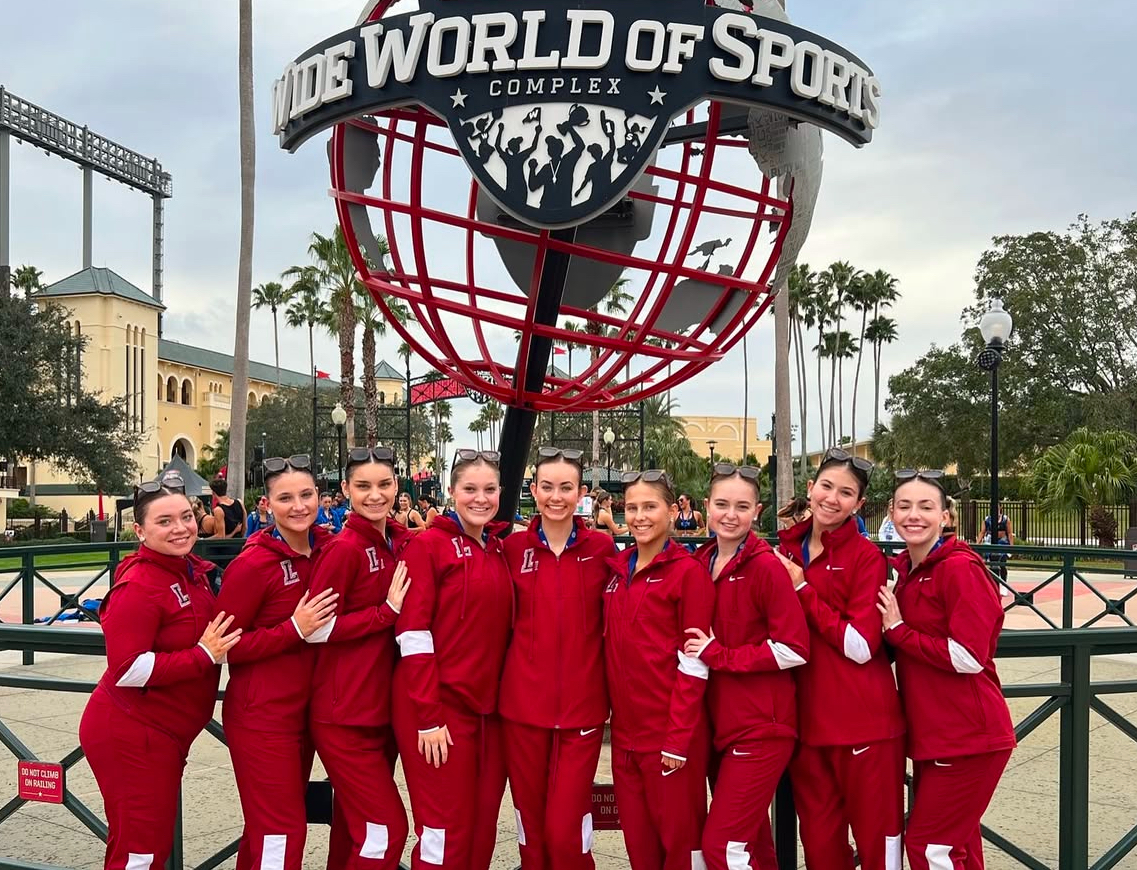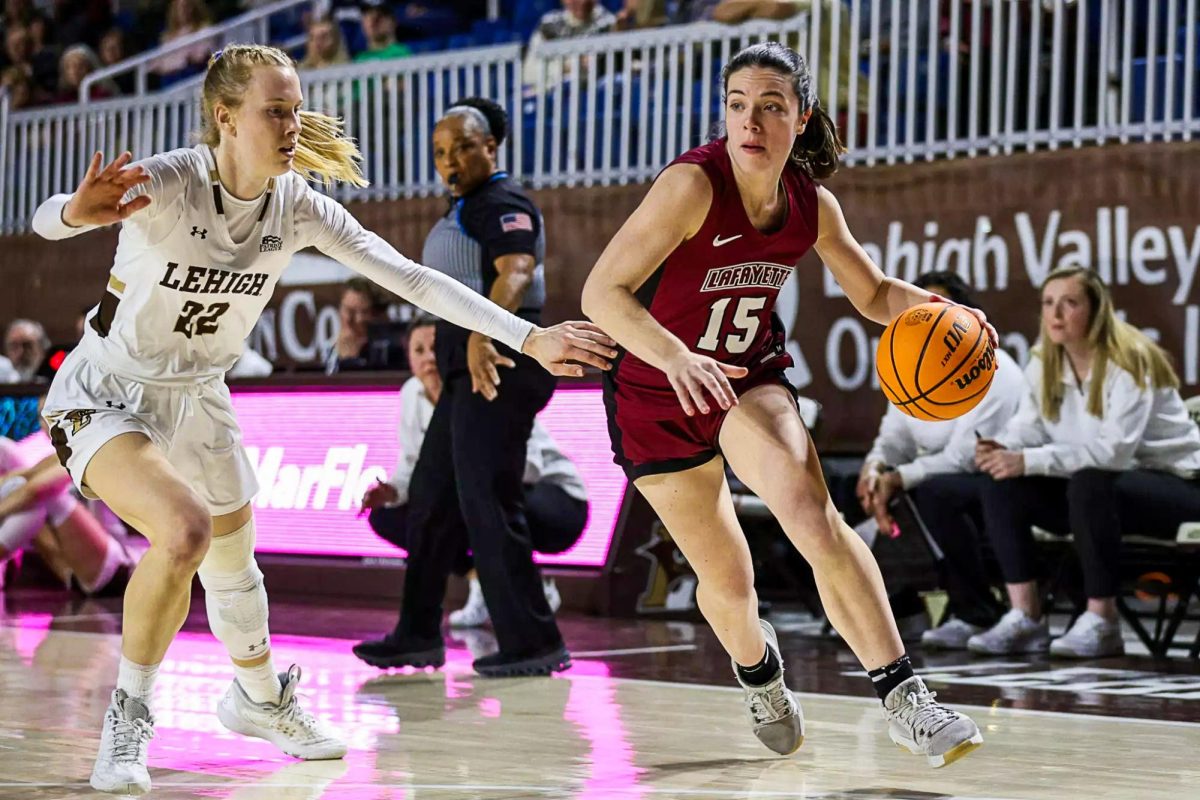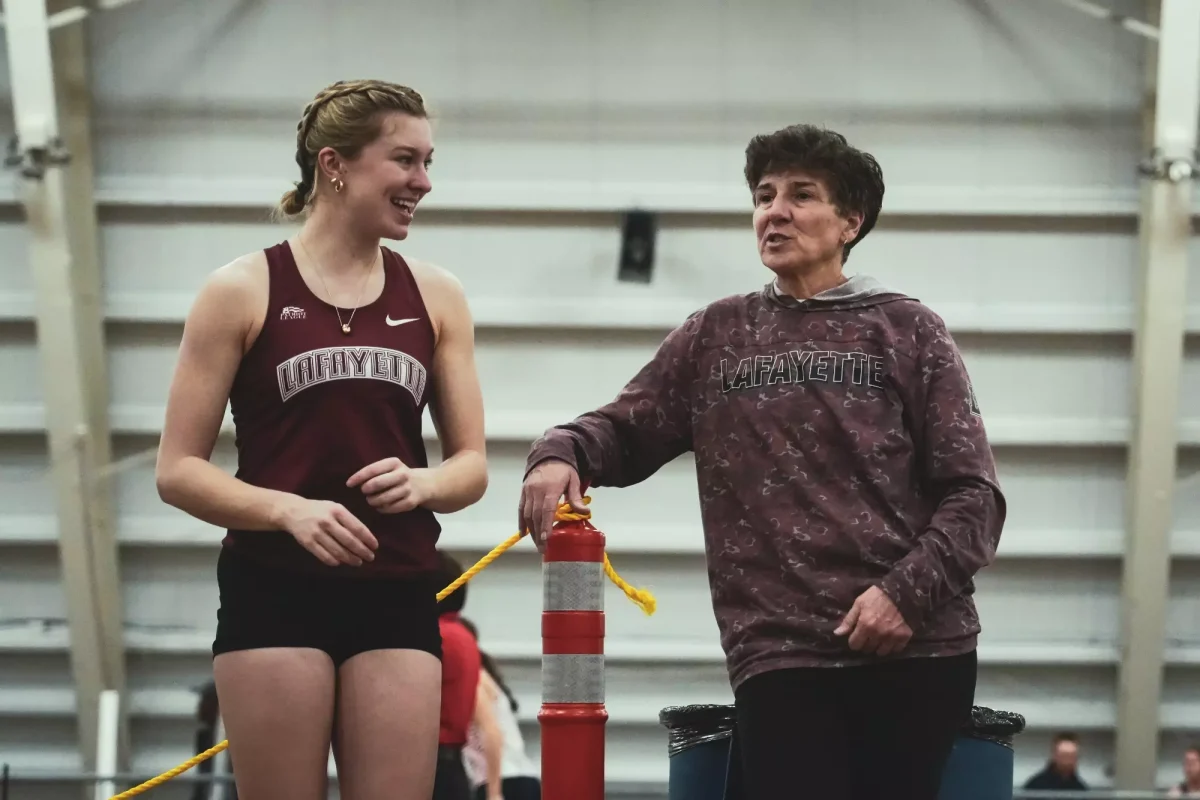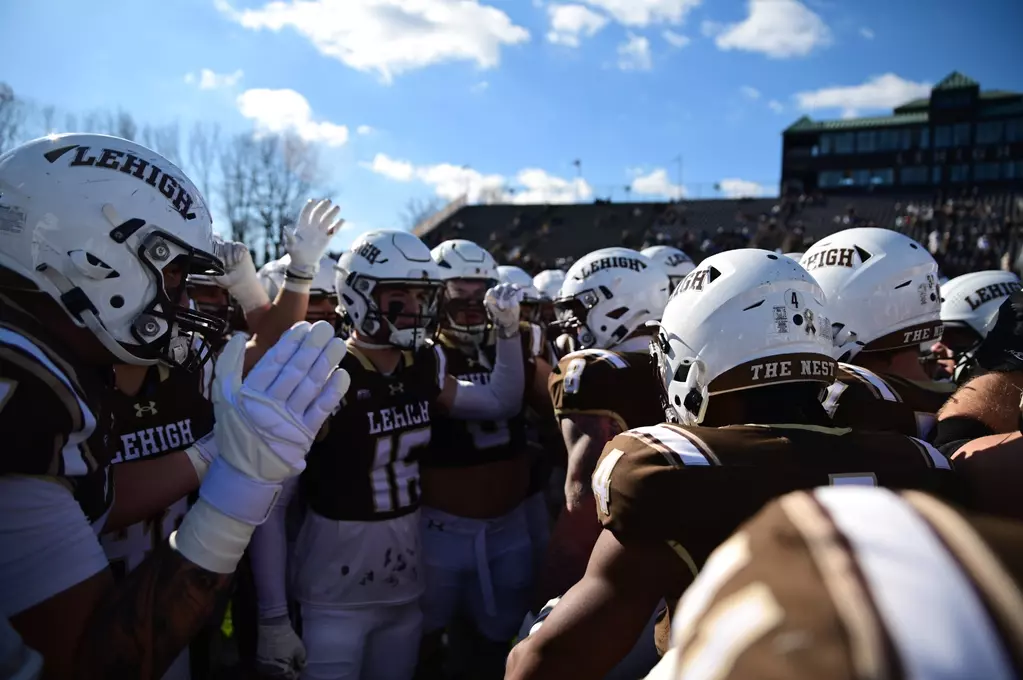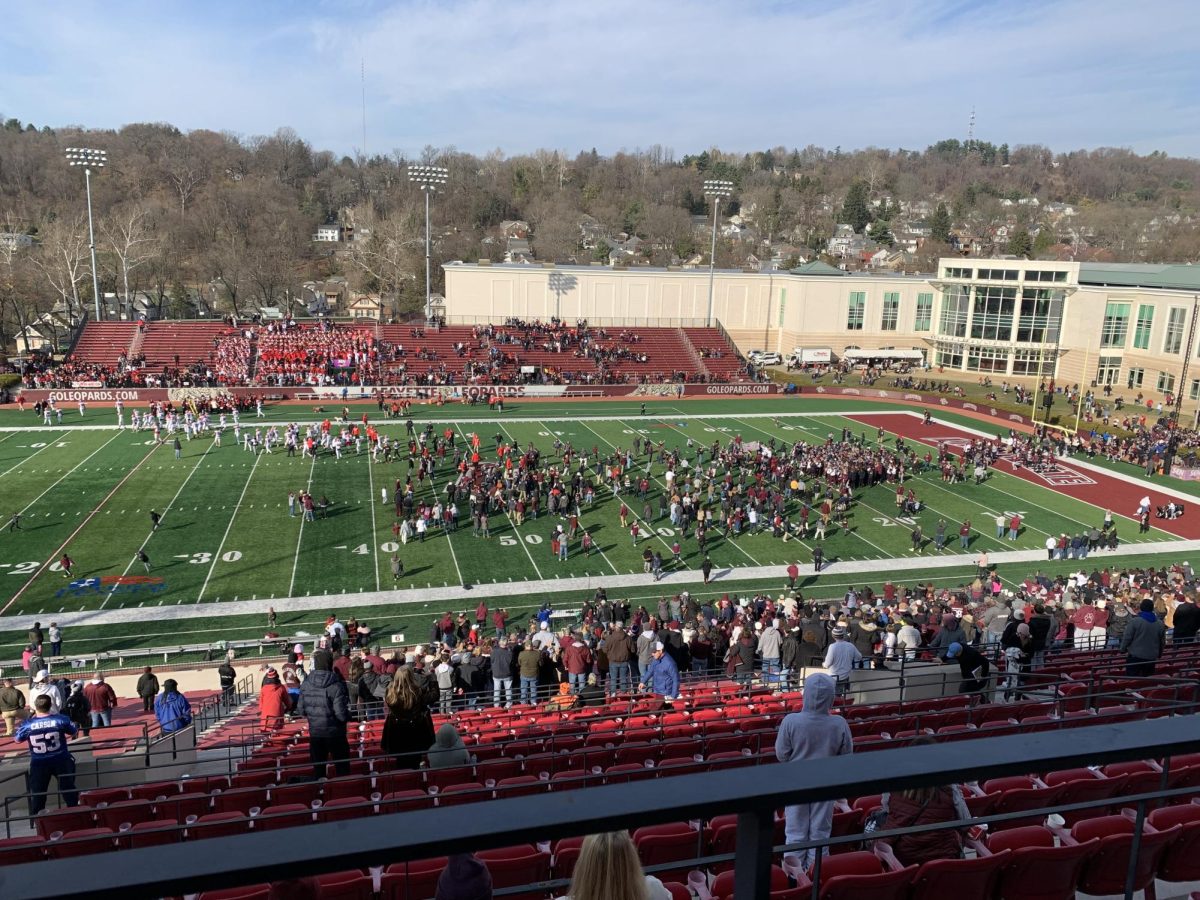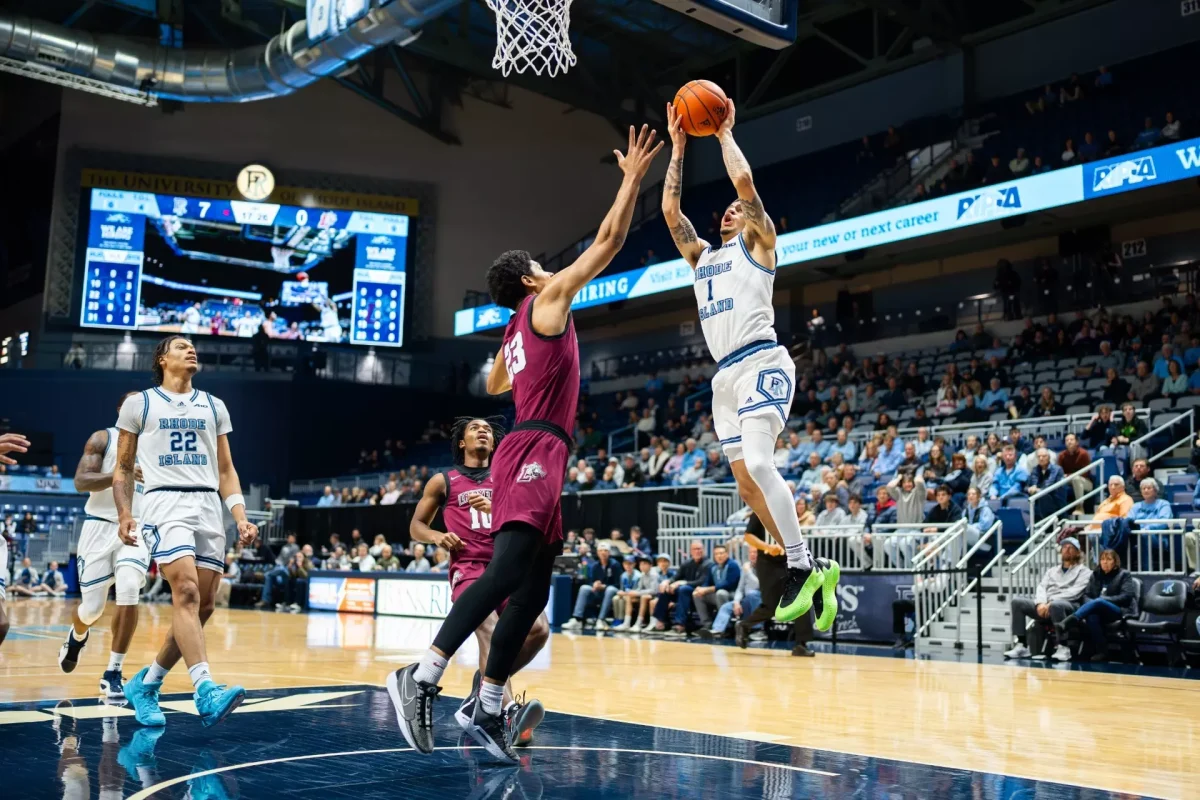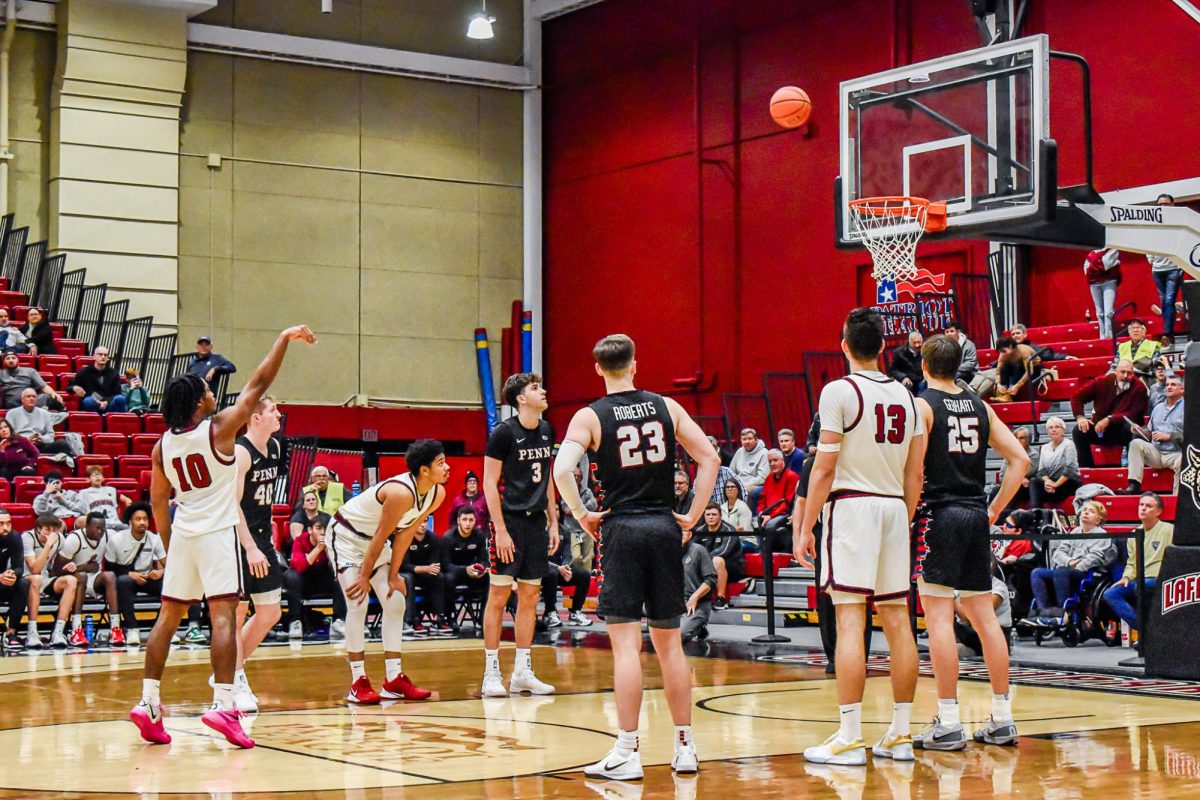The term “student-athlete” exists for a reason. The NCAA would like you to believe that academics and being a student comes first over secondary activities like athletics. However, the organization’s consistent rule changes and questionable management make it abundantly clear that this prioritization of academia is not the case.
Take for instance the new rule regarding student-athletes’ days off. Previously, all Division I athletes would be guaranteed one day off per week from their sport. Now, if they choose, coaches can front-load and backload off days in order to create a 24-days-in-a-row schedule for their student-athletes. Off days are extremely important for student-athletes, as it gives them extra time for their bodies to recover and for them to catch up on coursework.
We’ve already known that the NCAA operates as a business, however, this business is one that de-emphasizes the importance of a student-athlete’s autonomy. Over 50 years ago, the term “student-athlete” was coined not because it better encompassed the student’s role in their respective university’s community, but because of litigation purposes. The term was utilized to help universities defend against workers’ compensation claims brought forth by students who were injured while playing their sport. These students believed that they should be eligible to receive the same kinds of workers’ compensation insurance policies that university employees received because of the substantial time and energy that they devoted to their universities. The term “student-athlete” was thus designed to rebut this line of reasoning, and to distinguish college athletes as non-employees: people not deserving of workers’ compensation benefits.
As problematic as this was 50 years ago, the same problems persist today. For some reason, little to nothing has changed for student-athletes, and we only have ourselves to blame. As much as avid college sports fans complain about the NCAA and their rules being ancient and unjust, our criticisms are constantly responded to by minor changes in an already broken system. We debate whether or not the new days-off provision is beneficial or not, we discuss if the new allowable transfer system helps the players more, but too often we are just echoing the same statements over and over again with no change.
Granted, there are a number of people that serve on the NCAA committee who truly want to balance the relationship between the organization and the student-athletes. I commend these people for this attitude, as it’s not an easy task to keep one’s own interests in mind while also attempting to compromise, and far too often in big business you see the former without the latter. The new transfer rule seems to be a step in the right direction to helping student-athletes. This new rule allows a student to inform their current school of a desire to transfer, and the school is then required to enter the student’s name into a national transfer database within two days. Once the student-athlete’s name is in the database, other coaches are free to contact that individual about transfer methods and recruitment opportunities. Previously, student-athletes needed to be granted permission from their current school to contact a different one, which was intended to discourage coaches from recruiting student-athletes from other schools.
Unfortunately, the discussion surrounding the new transfer rule largely misses the point of the changes. There is widespread debate on if it’s fair for people who, for example, aren’t offered the starting quarterback job to immediately jump ship to a different school where they’ll be able to start. Some call these athletes ungrateful, and say that the transfer rule potentially damages the game by having unproven backups on the roster rather than top tier recruits. What’s missing from these debates is the mention of a student’s autonomy. With that autonomy, the student-athlete is doing what is in their best interests–both academically and athletically–and that change should be celebrated rather than criticized. Once we redirect our focus to the best interest of the students, rather than the NCAA, we can truly evaluate not only the rules, but the system in general.

